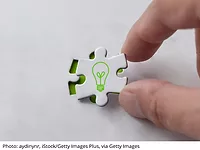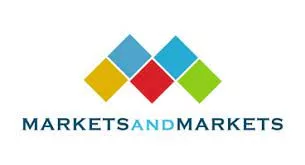Evonik Aims for at Least €1 Billion in Additional Circular Economy Sales by 2030
.webp?t=1663559664)
Evonik is significantly expanding its commitment to developing solutions for the circular economy. By 2030, the specialty chemicals company aims to generate at least €1 billion in additional sales a year from circular products and technologies. "The circular economy is a strong growth driver for Evonik and helps us to generate sustainable value," said Harald Schwager, Deputy Chairman of the Executive Board of Evonik.
The company's circular economy strategy is based on several levers: Evonik wants to further strengthen its activities with additives and specialties for the circular economy. At the same time, Evonik intends to make greater use of defossilized raw materials based on recycled materials, biomass and CO2. The company also continues to develop its own technologies for closing the loop: for example, for chemical recycling of PET waste streams that cannot be recycled mechanically. It is also developing technologies that allow carbon dioxide and bio-based raw materials as feedstock.
Lauren Kjeldsen, Head of the Smart Materials Division and responsible for the Circular Economy Program, said: "We want to make the entire industry circular. With our expertise in specialty chemicals, we support our customers in the transition to circular applications by making their manufacturing processes more efficient and improving quality in line with Design for Circularity."
Evonik's activities are bundled in the group-wide Circular Economy Program. Program Head Patrick Glöckner said: "A successful circular economy requires, above all, strong collaboration and great teamwork. Through building ecosystems with our partners, we will develop cycles along the different value chains that work."
Evonik has always seen the efficient use of resources as part of its DNA. With the launch of its Global Circular Plastics Program in 2020, the group has already started to make plastics circular. In 2022, the additional sales from these activities already amounted to more than €30 million. This exceeded the company's own expectations and Evonik had planned additional sales of at least €350 million a year by 2030.
The new program replaces the Global Circular Plastics Program and targets all value chains. For Evonik this is the key to sustainable growth that takes equal account of economic, ecological and social aspects.
Looking for a reprint of this article?
From high-res PDFs to custom plaques, order your copy today!






